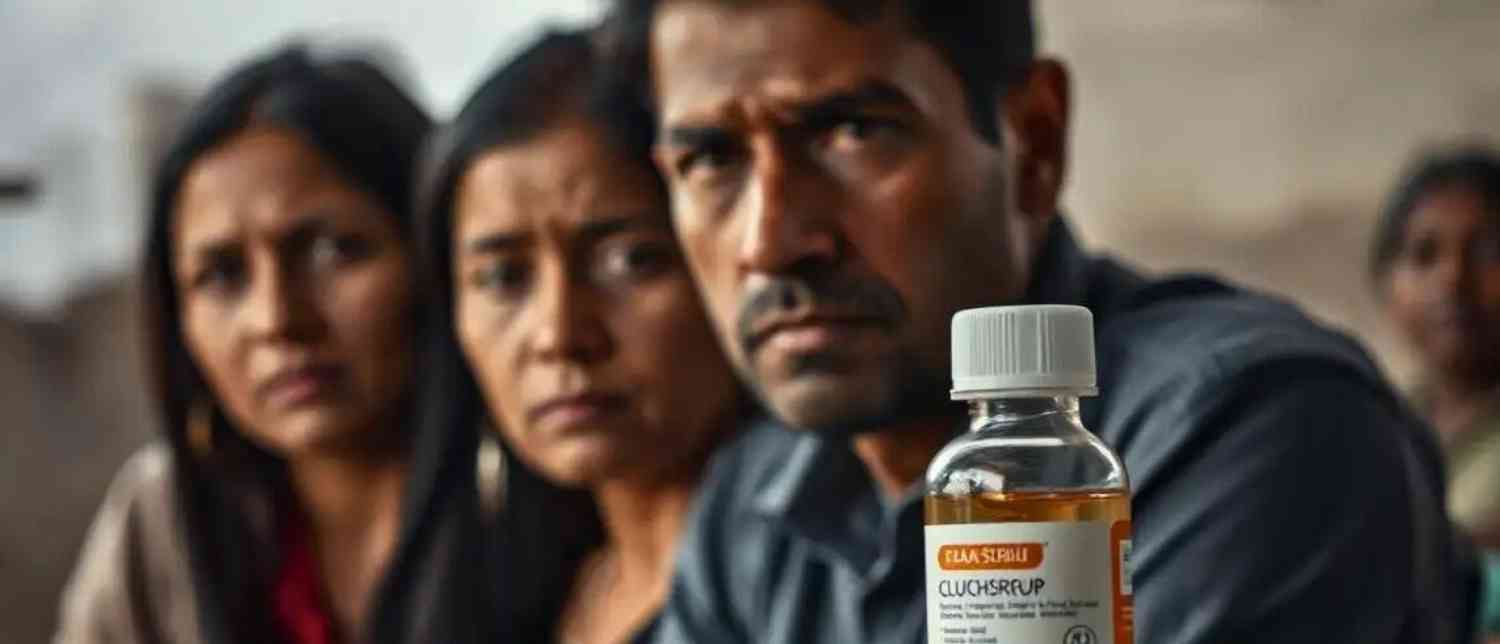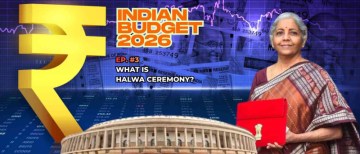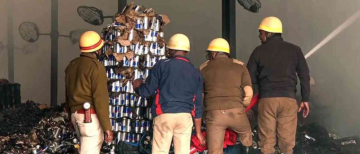A new controversy regarding medicine safety has arisen following divergent reports regarding a batch of cough syrups that have been marketed in regions of India. As against the Union government's strong assertion that there is no evidence of contamination, a lab test in Tamil Nadu (T.N.) has indicated chemical traces that may trigger safety concerns.
The matter surfaced last fortnight when a district health lab in Tamil Nadu had analyzed samples from a local pharmacy after patients complained of nausea and dizziness. The provisional report of the state indicated the presence of an impurity in excess of recommended standards. Chennai officials reported that the findings were sent to the drug regulatory agencies for further scrutiny.
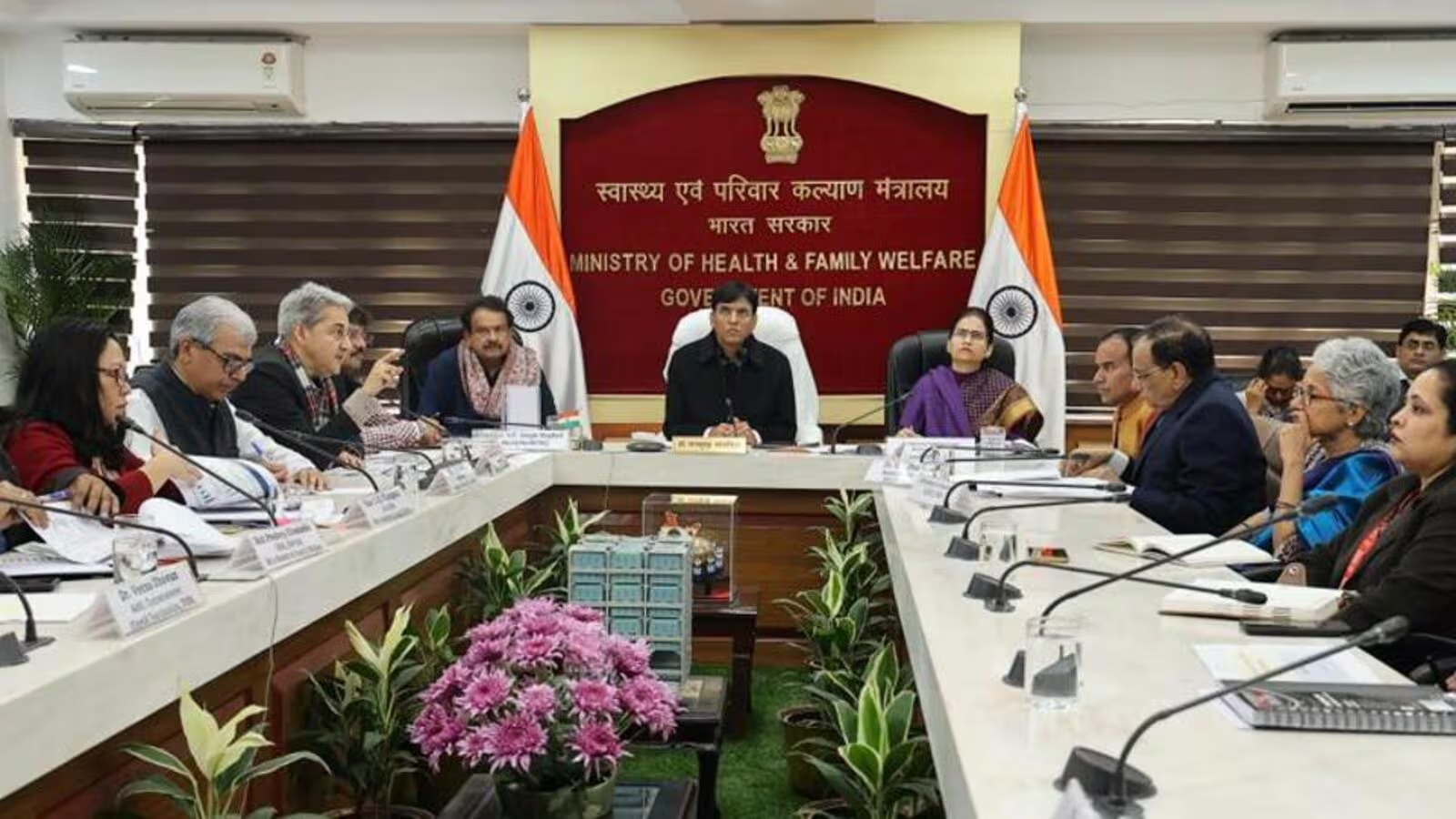
But the Centre's Health and Family Welfare Ministry was quick on the uptake with a public denial of any contamination, stating that "preliminary checks have found the product to be within permissible safety parameters." It asserted that India's drug surveillance system was "robust" and could detect flaws before they became available to the public.
What Do the Tests Show?
The Tamil Nadu laboratory report indicated that the syrup had minute levels of a solvent used in production. Though technically allowed in minute amounts, state-level results indicated concentrations slightly above the stated cut-off.
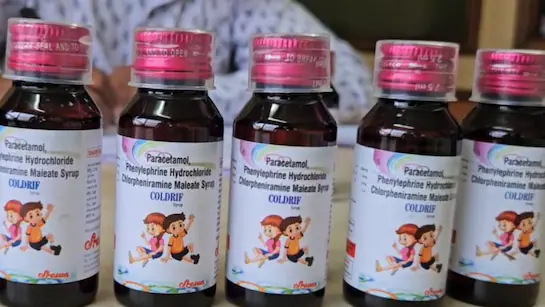
The issue is one of interpretation. Nationally, drug inspectors tend to factor in tolerances and variations depending on production lots. By this reasoning, the product may still be within the law. State-level laboratories, however, sometimes use more cautious measures, interpreting any deviation from set limits as a reason for concern.
Why This Matters for Public Health
Cough syrups rank among the most commonly used over-the-counter drugs in India, particularly during changes in season when infections are high. In children and adults, even slight impurities can result in a higher incidence of side effects. Physicians caution that low levels of contamination can reinforce existing health risks if the patient suffers from compromised immunity or takes other medications. In previous international outbreaks, contaminated syrups have ended in horrific consequences, thus it remains critical for public vigilance.

India has also come under global scrutiny after some exported medicinal items, such as syrups, were associated with adverse events outside the country. Although the involved manufacturers were different, they have made the public more sensitive to medicine safety locally.
The Centre's Perspective
From Delhi’s point of view, premature panic can hurt not only consumer confidence but also India’s pharmaceutical trade. Officials argue that state laboratories should await confirmatory testing from accredited national facilities before making contamination-related statements.
A senior health official reportedly noted that “isolated readings are not definitive proof of unsafe medicine” and stressed that any recall or suspension would follow strict verification processes.
Balancing Caution and Confidence
This episode puts in sharp relief the thin rope between explosive public health warnings and shielding the image of India's pharma manufacturing sector. On the one hand, quick alerts from domestic labs indicate the reach of the system; on the other hand, contradictory test reports can fuel consumer confusion.
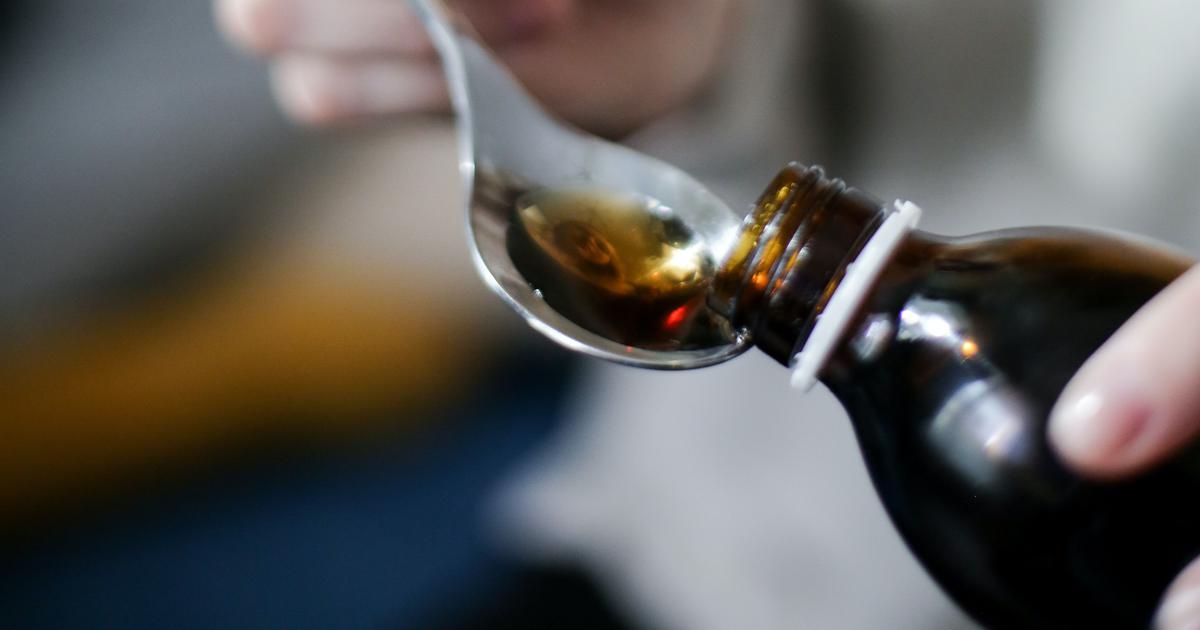
The best impartial stance at present, say public health experts, is to stimulate awareness without alarming. Patients are recommended to buy drugs from reputable pharmacies, verify batch numbers, and see doctors if there are any unfamiliar side effects. At the same time, laboratories must provide data openly, and regulators need to provide prompt, authoritative findings.
What Happens Next
The Centre has assured the Tamil Nadu sample will be re-tested at one of the Central Drugs Laboratories. Until then, both authorities urge restraint in any speculation.
Nevertheless, the incident raises a broader question: ought India follow a "precaution-first" policy on medicine quality, recalling suspect batches straight away, or maintain its multiple-layered system of confirmatory testing before recall? This is a debate — between prudence and business — far from resolution.

For regular citizens, the message is direct. Drug safety is dependent on collaboration between local and central agencies, quick communication, and the assurance that systems exist to safeguard health. Whether this cough syrup furor proves to be a case of excessive caution or an early rescue, it has already served to initiate salient discussions on how medicines are regulated in India.
With inputs from agencies
Image Source: Multiple agencies
© Copyright 2025. All Rights Reserved. Powered by Vygr Media.

